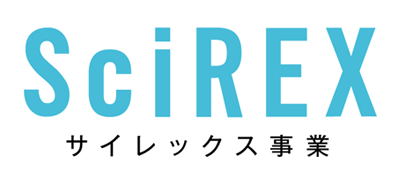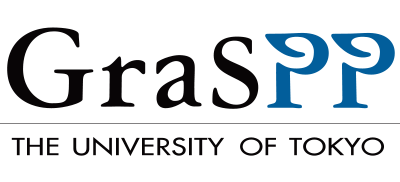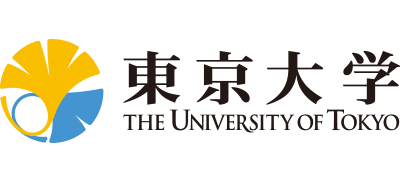日本における食品・農業分野へのゲノム編集の適用と規制の明確化の経緯・内容とその教訓について論じました。
(Abstract) Japan clarified its regulatory approaches for products derived from genome editing technologies in 2019. Consequently, Japan has become a pioneer in the social implementation of such technologies, as to date, the notification process for three products, GABA-enriched tomato, fleshier red sea bream, and high-growth tiger puffer, has been completed. However, this has led to questions about how this was achieved, given the poor consumer acceptance and low public support for genetically modified (GM) foods in the past. This paper describes Japan’s regulatory approaches and their implementation guidelines for products created using genome editing technologies. It explains the governance of genome editing technologies and how the derived products have been introduced into society. The three factors that made this possible include: 1) improved R&D environments as a result of government-led innovation policy and regulations which have sought a balance between science and social demand 2) changes in the players (i.e. university startups), that engage in R&D and the strategies used for social introduction, and 3) social value changes—the recent rise in momentum for sustainable development goals (SDGs) and environmental, social, and governance (ESG) investing. The lessons and challenges in terms of R&D policy development and regulation from these analyses are presented. As the market size and social impact of genome-edited food products is limited, it is too early to fully assess this topic for Japan and thus, the analysis in this study is preliminary and must be revisited in the coming years.
Matsuo and Tachikawa (2022) “Implications and Lessons From the Introduction of Genome-Edited Food Products in Japan Frontiers in Genome Editing”
https://www.frontiersin.org/articles/10.3389/fgeed.2022.899154/full
https://doi.org/10.3389/fgeed.2022.899154
09.13.2022



